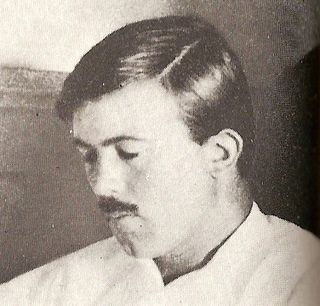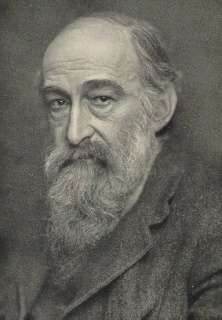A Quote by John Stuart Mill
Unfortunately for the good sense of mankind, the fact of their fallibility is far from carrying the weight in their practical judgement, which is always allowed to it in theory; for while every one well knows himself to be fallible, few think it necessary to take any precautions against their own fallibility.
Related Quotes
One of the reasons people might be fallible, why we might fail to do what we try to do isignorance, that we have a limited understanding of the laws of the world - the physical laws that govern the world and of all the particulars of the world upon which those laws work. And then there's ineptitude, meaning that the knowledge is available, but individuals fail to apply it correctly. The third source is "necessary fallibility." That is, we're never going to be omniscient, there is some knowledge that we will simply never achieve, and there are limits to what we will be able to do.
I may say that this is the greatest factor: the way in which the expedition is equipped, the way in which every difficulty is foreseen, and precautions taken for meeting or avoiding it. Victory awaits him who has everything in order, luck, people call it. Defeat is certain for him who has neglected to take the necessary precautions in time, this is called bad luck.
Cosmopolitans begin, I think, with a sense of one thing we all certainly share, which is our fallibility. Nobody has reason to be confident that they're right about everything. That's one of the motivations for conversation across differences. It's in my interest to converse with people who are wrong about different things from the ones I'm wrong about!
None of our men are 'experts.' We have most unfortunately found it necessary to get rid of a man as soon as he thinks himself an expert because no one ever considers himself expert if he really knows his job... Thinking always ahead, thinking always of trying to do more, brings a state of mind in which nothing is impossible.
The man who enters combat encased in solid armor plate, but lacking the essential of selfconfidence, is far more exposed and naked to death than the individual who subjects himself to battle shorn of any protection but his own skill, his own belief in himself and in his wingman. Righteousness is necessary for one's peace of mind, perhaps, but it is a poor substitute for agility . . . and a resolution to meet the enemy under any conditions and against any odds.
Actors in any capacity, artists of any stripe, are inspired by their curiosity, by their desire to explore all quarters of life, in light and in dark, and reflect what they find in their work. Artists instinctively want to reflect humanity, their own and each other's, in all its intermittent virtue and vitality, frailty and fallibility.








































